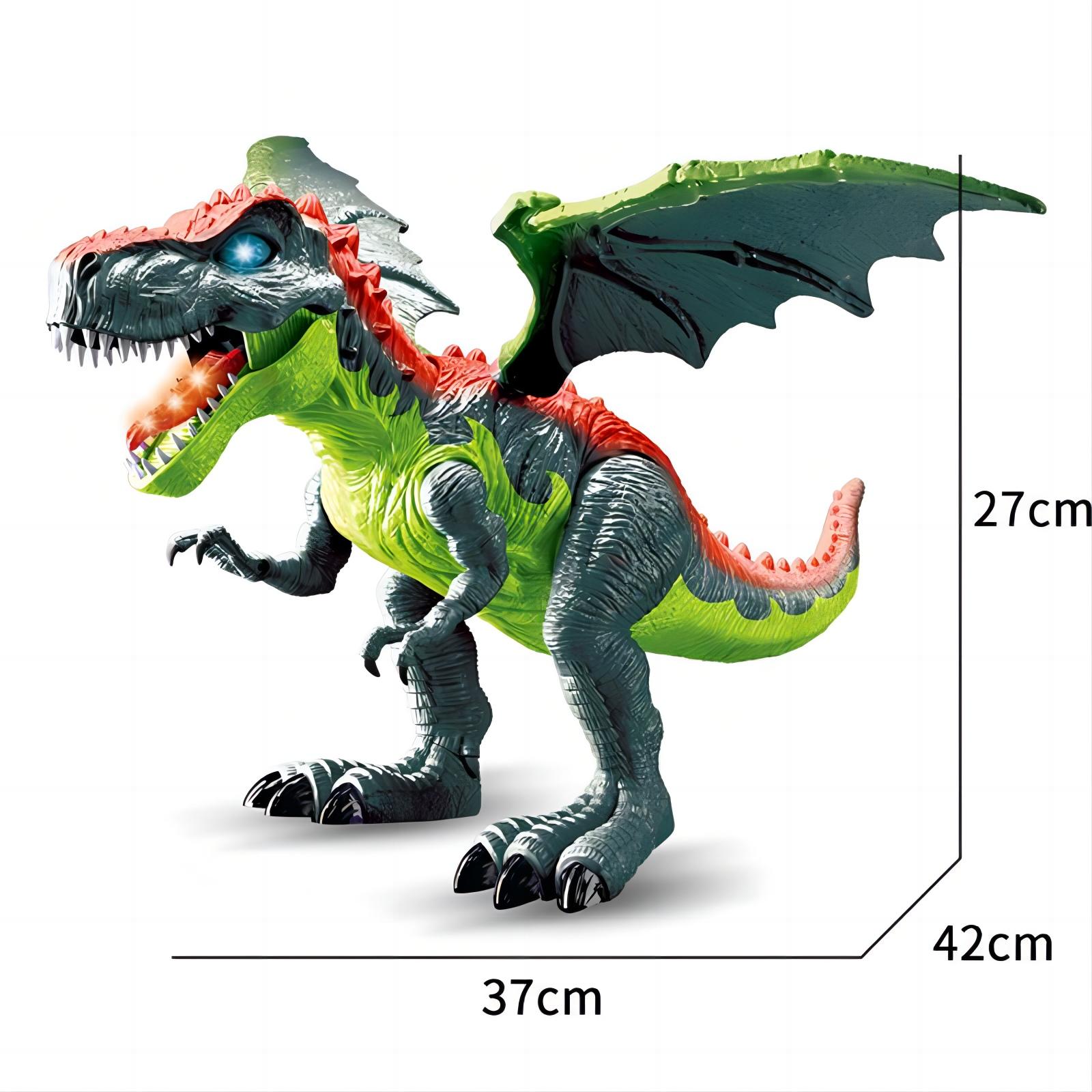Email: sales5@stxinyu.com
The Critical Impact of Children’s Toys and Games on Their Growth and Development: A Comprehensive Guide
Toys and games are more than mere entertainment; they are powerful tools for nurturing children’s cognitive and practical skills. From simple rattles to intricate puzzles, each toy offers a unique opportunity for exploration, experience, and learning. In this article, we delve into the crucial role of toys and games in developing children’s thinking and practical abilities.
The Role of Toys in Cognitive Development:
- Stimulating Senses: Simple toys like rattles and mobiles engage infants’ senses, encouraging exploration and interaction with their surroundings.
- Problem-Solving Challenges: As children grow older, toys become more complex. Puzzles, for instance, foster critical thinking and spatial reasoning. Trial and error teach perseverance and a growth mindset.
- Educational Foundations: Alphabet blocks and shape sorters introduce basic concepts (letters, numbers, shapes) in a fun, hands-on way. These toys lay the groundwork for future academic success.
The Importance of Games for Practical Skills:
- Board Games: Beyond entertainment, board games promote social interaction, communication, and negotiation. Players strategize, take turns, and learn teamwork.
- Outdoor Activities: Sports and outdoor games enhance physical skills (motor coordination, spatial awareness). Kicking a soccer ball or riding a bike builds confidence and accomplishment.
- Pretend Play: Imaginary scenarios (playing house, doctor, superhero) foster creativity and empathy. Children navigate social interactions and develop perspective-taking skills.
The Intersection of Play and Learning:
- Seamless Integration: Unlike traditional classrooms, play combines fun and education. Children learn through firsthand experiences, constructing with building blocks or solving puzzles.
- Curiosity and Engagement: Play encourages risk-taking and exploration. When children follow their passions, they actively participate in their learning journey, leading to deeper engagement and academic achievement.

The Impact of Play: Nurturing Children’s Skills and Well-Being
The skills children acquire through play have far-reaching effects on their future success in school and beyond. While critical thinking, creativity, and problem-solving are essential for navigating the complexities of the modern world, practical abilities like teamwork, communication, and adaptability are highly valued in the workplace.
Beyond Academics:
- Physical Health: Play supports brain structure and functioning, facilitating synapse connections and improving brain plasticity. It also contributes to overall well-being.
- Emotional Resilience: Social interaction, emotional expression, and imaginative play promote healthy development and resilience.
Types of Play and Their Benefits:
- Building Blocks: Cultivate hands-on and thinking abilities. Children choose appropriate blocks and build stable structures, enhancing spatial perception and logical thinking.
- Puzzle Toys: Improve hand-eye coordination, observation, and logical thinking. Analyzing patterns and fitting pieces together enhances cognitive skills.
- Sand and Water Play: Sandboxes and buckets allow creativity to flourish. Children explore scenes, stack, pour, and problem-solve, developing spatial perception.
- Programming Toys: Popular for logical thinking and problem-solving. Programmed robots engage children in controlling movements and achieving tasks.
Conclusion:
Toys and games are powerful tools for cognitive, emotional, and social development. Parents should encourage diverse play experiences, paying attention to their children’s interests. Balancing structured learning with playful exploration fosters growth and resilience.
